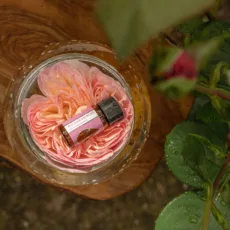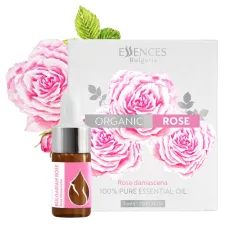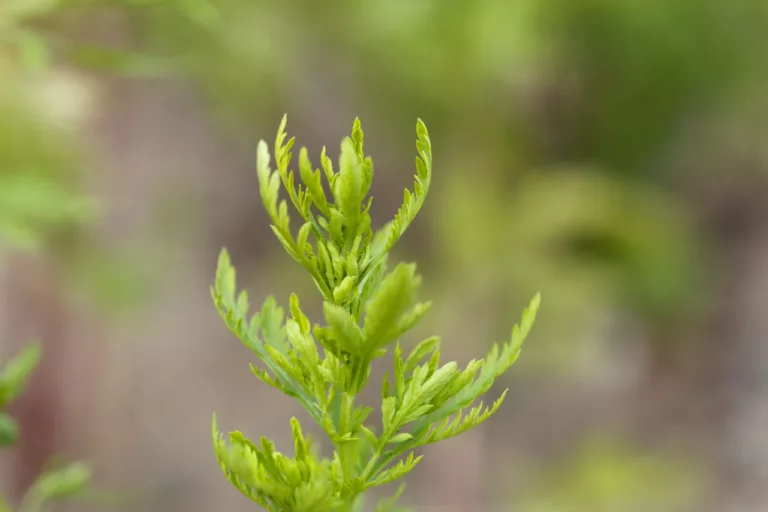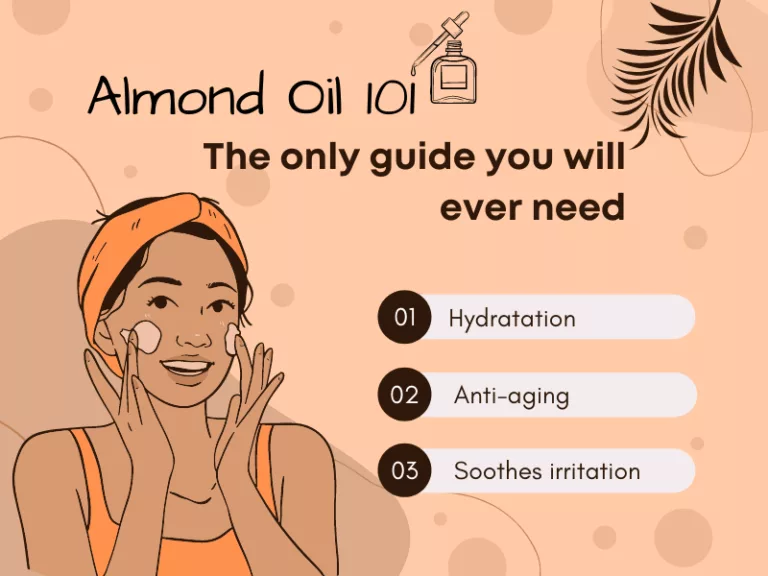Benefits and Uses of Rose Oil
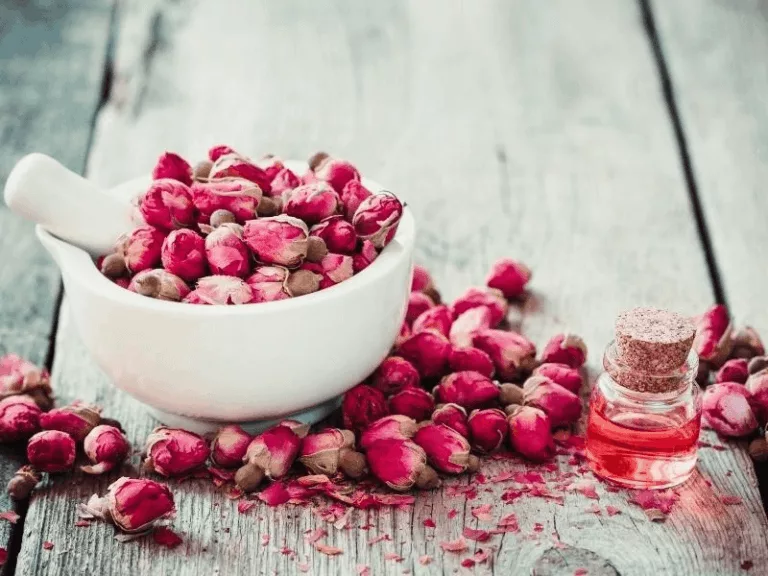
Learn the Healing Benefits and Uses of Rose Oil, Plus Some Easy DIY Recipes
In this article, you will learn how rose essential oil can improve your physical and mental well-being. Rose essential oil offers numerous benefits for your skin and body. What are they?
It is said that the rose is the queen of all essential oils. Rose petals have become a symbol of purity, love, and longevity. While in ancient times the rose was placed on a pedestal for its fragrance and beauty, modern science has proven why the rose has earned the title of queen.
Damask Rose – Interesting Facts You Should Know
Did you know there are around 200 types of roses? According to the Smithsonian, there is scientific evidence that plants from the rose family existed over 35 million years ago. Damask rose is a species of the Rosaceae family, mainly cultivated in Bulgaria, Iran, Syria, and some regions in Turkey.
In Bulgaria, the climate and soil create ideal conditions for growing oil-bearing roses. The average size of a rose bush is about one meter. The process of producing organic rose oil is long and labor-intensive. Can you imagine that more than 10,000 rose petals are needed to produce just 5 ml of rose essential oil?
Chemical Composition of Rose Oil
Rose oil is rich in terpenes, glycosides, flavonoids, and anthocyanins. This type of rose contains carboxylic acid, myrcene, vitamin C, and quercetin.
According to Sharif University of Technology in Iran, rose essential oil contains 95 macro- and micronutrients. The main components of the oil are β-citronellol (14.5–47.5%), nonadecane (10.5–40.5%), geraniol (5.5–18%), and nerol.
The abundance of phenols contributes to its many beneficial properties. Rose oil exhibits antioxidant, anti-cancer, anti-inflammatory properties and helps with depressive and anxious states.
Benefits of Rose Oil for the Body
Rose oil and rose water have been the subject of numerous clinical studies testing the potential of rose extract for various health issues.
Antimicrobial Activity
The antiviral potential of rose oil is attributed to its citronellol and geraniol components. Scientific studies have shown that rose oil exhibits antimicrobial activity against Bacillus cereus, Staphylococcus, Escherichia coli, Proteus vulgaris, Candida albicans, and Salmonella typhimurium.
For Depression and Anxiety
Depression is a serious condition requiring professional help and does not have a single treatment formula. Some clinical studies suggest that rose oil may have a positive effect on mental health.
Damask rose is said to have effects similar to diazepam for treating insomnia. It may also positively influence brain function in conditions like dementia.
Additionally, rose essential oil and rose water strengthen self-esteem and are known as aphrodisiacs. In some cases, rose essential oil may even help with infertility.
Why Add Rose Oil to Your Beauty Rituals?
Rose oil helps strengthen the skin barrier. Here are some benefits for your face:
Soothes Irritated Skin
Rose essential oil can be an excellent addition to your beauty routine for a refreshed facial appearance. Use it with a carrier oil (e.g., hemp oil) to address issues like redness and puffiness.
Say Goodbye to Fine Lines
With its ability to restore, heal, and protect the epidermis, rose oil can improve skin texture and reduce fine lines.
Hydration
If you have dry, sensitive, or dull skin, using rose oil can improve your skin’s condition. Dilute rose oil with sweet almond oil or rosehip carrier oil to deeply nourish your skin and enjoy a healthier, radiant complexion.
Benefits of Rose Oil for Hair
Add a few drops of rose oil to your shampoo for extra hydration. You can also make a nourishing hair mask by mixing two tablespoons of cocoa butter or shea butter with 4–5 drops of rose essential oil. Apply, massage, leave for fifteen minutes, then rinse thoroughly.
How to Choose the Best Rose Oil
When looking for rose oil, there are some important considerations. Nowadays, you can easily find rose oil in stores. Keep in mind that some brands add preservatives to extend shelf life or include synthetic essences. Always choose oil that meets the following criteria:
- Produced from ethically sourced plants
- Free of preservatives
- Non-GMO
- Organic composition without artificial binders or fragrances
Caution
Keep out of reach of children. Consult your doctor if you are pregnant, breastfeeding, or have a chronic condition. Avoid contact with eyes. If used topically, dilute well in a carrier oil and avoid sensitive areas.
